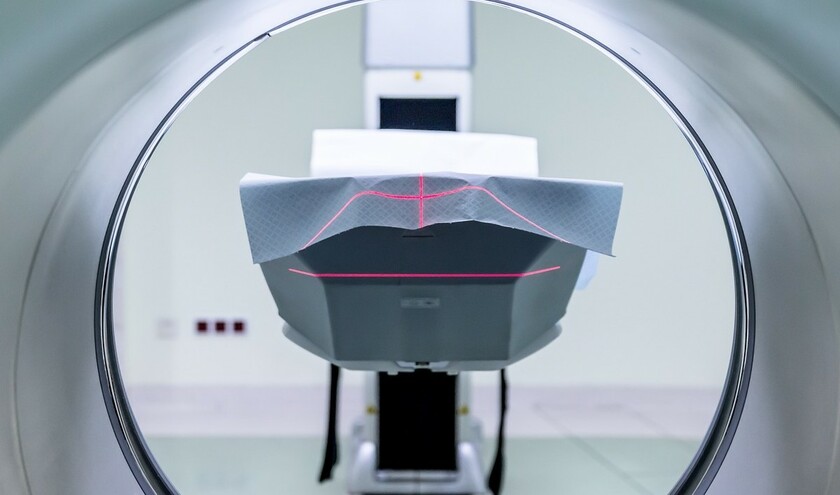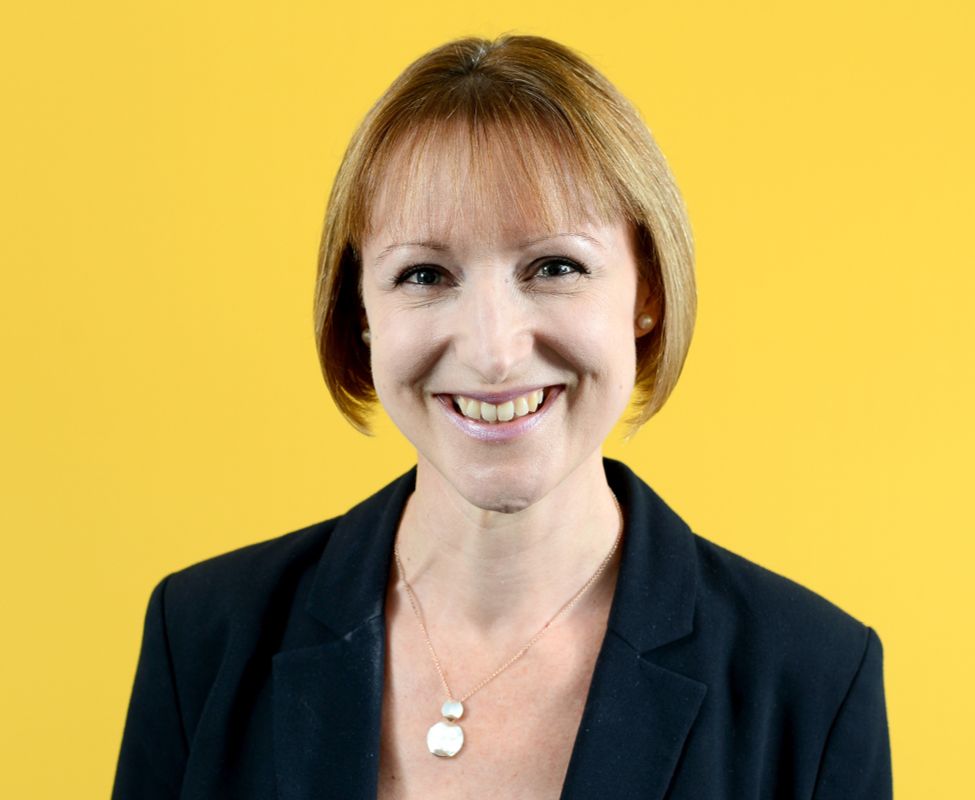The funding will support trusts to deliver cutting-edge research to improve the prevention, management and treatment of disease.
Included in the funding is investment in modular buildings to expand the research capacity and capability in hospitals, many of which are in rural and coastal areas. It will be used for a range of innovative equipment, including imaging devices, ultrasound and MRI scanners, and mobile research vehicles to improve inclusive participation in trials.
While the equipment or technology is primarily for research, it may be used for clinical use during periods of inactivity.
Professor Lucy Chappell, chief executive of the NIHR, said: 'The NIHR is directing this funding so that it reaches the areas and people with the greatest need, giving more communities the chance to take part in life-changing clinical trials.
'This will not only benefit patients directly, but also support the economic growth of the country, helping to position the UK as an attractive place for innovative companies to invest in research.'



